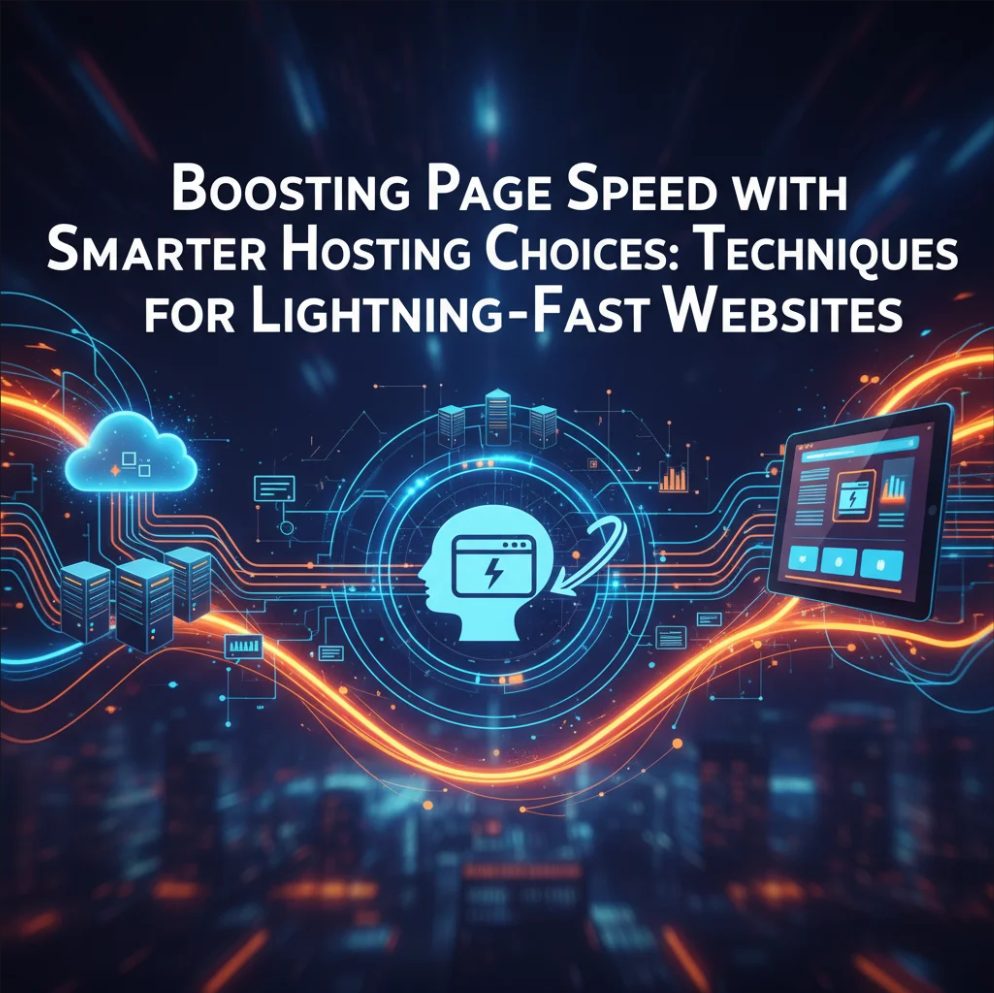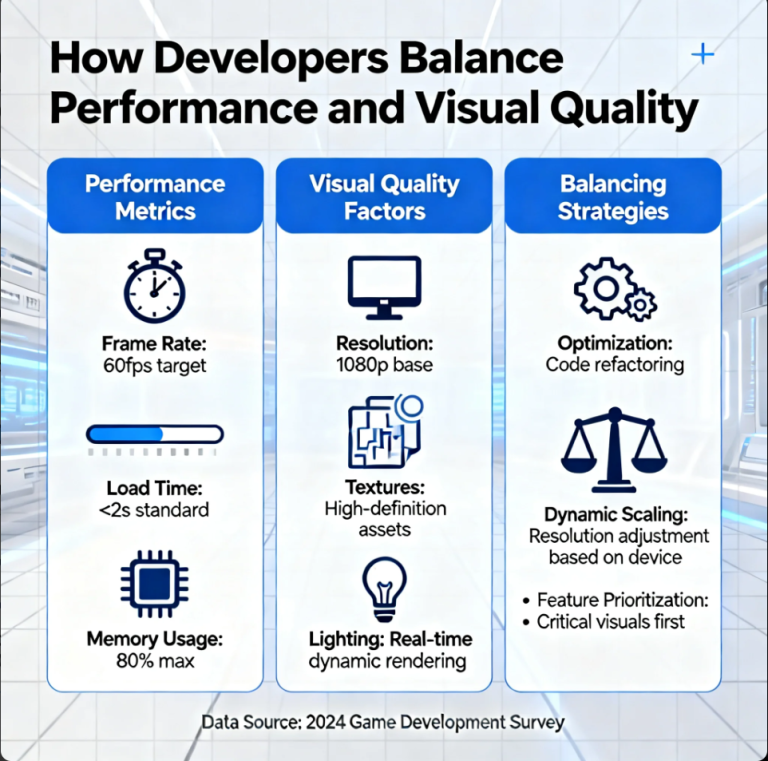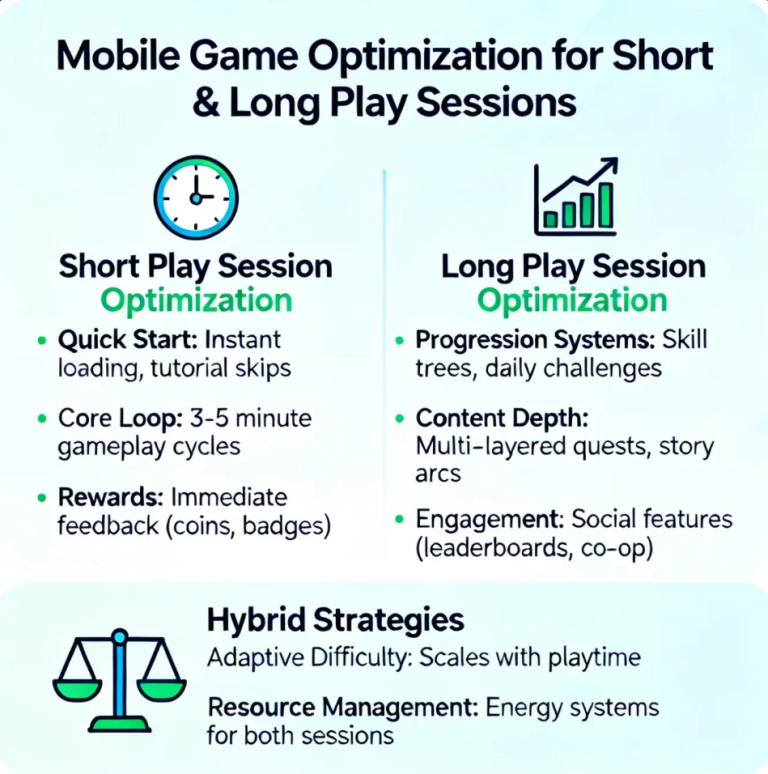
Website speed is no longer optional—it’s essential for user experience, SEO, and conversions. While content and design matter, your hosting solution plays a critical role in how fast your website loads. Choosing the right hosting and applying smart techniques can drastically improve performance.
Why Hosting Impacts Page Speed
Hosting determines server response time, bandwidth, and uptime. A slow host can drag down even the most optimized websites. Options include:
- Shared Hosting: Affordable but can be slow due to resource sharing.
- VPS Hosting: Offers dedicated resources and better performance.
- Dedicated Hosting: Complete control and high-speed performance for large sites.
- Cloud Hosting: Scalable, reliable, and fast—ideal for growing websites.
Techniques for Lightning-Fast Websites
- Use a Content Delivery Network (CDN): Reduces latency by delivering content closer to visitors.
- Optimize Images and Media: Compressed images load faster without losing quality.
- Leverage Caching: Stores frequently used data for quicker access.
- Minify CSS, JS, and HTML: Reduces file size and improves load time.
- Enable HTTP/2 or HTTP/3: Faster communication between server and browser.
Choosing the Right Hosting Provider
When selecting a host, consider:
- Server speed and uptime guarantees
- Scalability options for growing traffic
- Built-in performance tools (caching, CDN support)
- Security features to prevent downtime
Final Thoughts
By combining smarter hosting choices with optimization techniques, you can achieve a lightning-fast website that delights users, improves SEO, and boosts conversions. Speed isn’t just convenience—it’s a competitive advantage.



